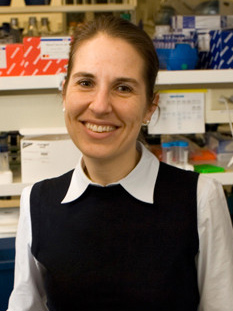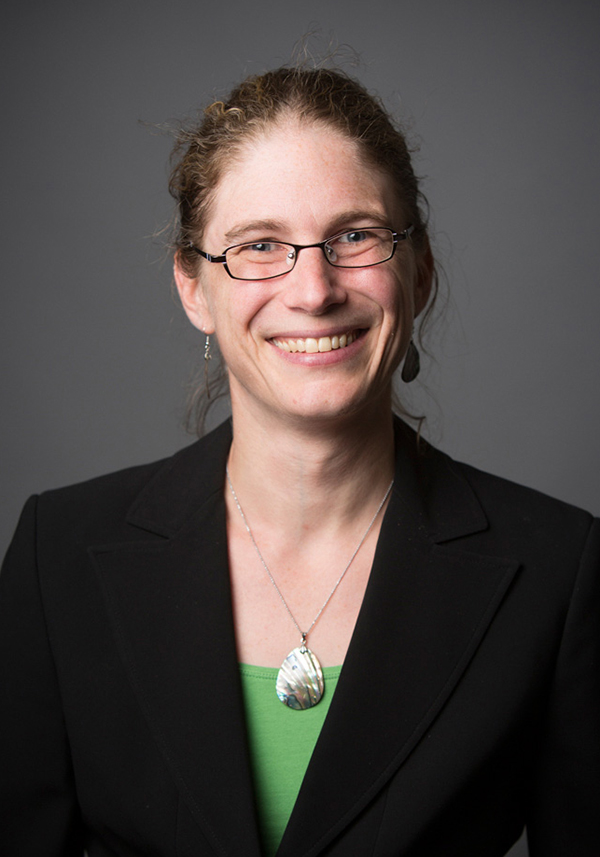Study to focus on breast cancer's effect on bone composition
By Tom Fleischman


A Cornell-led international research team has secured more than $1 million in funding from the Human Frontier Science Program (HFSP) to study breast cancer’s effect on the mineralization pathways in bone.
The team – with members representing the United States, Germany and Israel – is co-led by Claudia Fischbach-Teschl, associate professor of biomedical engineering, and Lara Estroff, associate professor of materials science and engineering. Other group members are Peter Fratzl of Germany’s Max Planck Institute for Colloids and Interfaces, and Lia Addadi of the Weizmann Institute of Science in Rehovot, Israel.
The three-year, $350,000 per year grant will fund the team’s program, “Extracellular vesicles and their role in breast cancer bone metastasis.” The team’s aims are threefold:
• Analyze the multiscale structure of bones in mouse models mimicking pre- and post-metastatic stages of breast cancer;
• Determine differences in bone mineralization pathways in pre- and post-metastatic mouse models, and;
• Synthesize materials that mimic bone structure and composition to study bone and tumor cell behavior as a function of varied bone matrix.
“This grant will allow us to work with leading experts from across the world to address questions related to bone metastasis that may ultimately affect the way cancer patients are treated,” Fischbach-Teschl said. “There are very few programs that enable collaborations between different countries and continents, although there is clear potential for such work to generate insights that may not be possible otherwise.”
“This award brings together a ‘dream-team’ of scientists and engineers representing the fields of biomineralization, state-of-the-art materials characterization and cancer biology to tackle a problem not one of us could look at alone,” Estroff said.
The expectation, both investigators said, is that this work will expand understanding of breast cancer bone metastasis and fundamentally challenge the conventional paradigm that it is a disease solely initiated by cellular and biochemical conditions.
Using state-of-the-art materials characterization and bio-inspired 3-D culture models, the group hopes to garner insights not possible with conventional approaches. The team will measure the material properties of bone mineral at various stages of tumorigenesis, test mechanisms that modify bone mineralization and replicate those differences through biosynthesis and tissue engineering, then test their effect on cells.
“This approach will help to resolve the complex and dynamic interplay between tumor cells and bone mineral that may be critical to the pathogenesis of bone metastasis,” the group wrote in its grant proposal.
The Cornell team is one of 21 worldwide – out of a pool of more than 850 applicants – that secured HFSP funding. Another nine groups received Young Investigator Grant awards; total funding from the HFSP for both programs is approximately $30 million.
The HFSP’s collaborative research grants provide three years of support for teams involving at least two countries, with preference given to intercontinental collaborations. Funding supports a broad range of projects under the umbrella theme “Complex mechanisms of living organisms.”
Media Contact
Get Cornell news delivered right to your inbox.
Subscribe